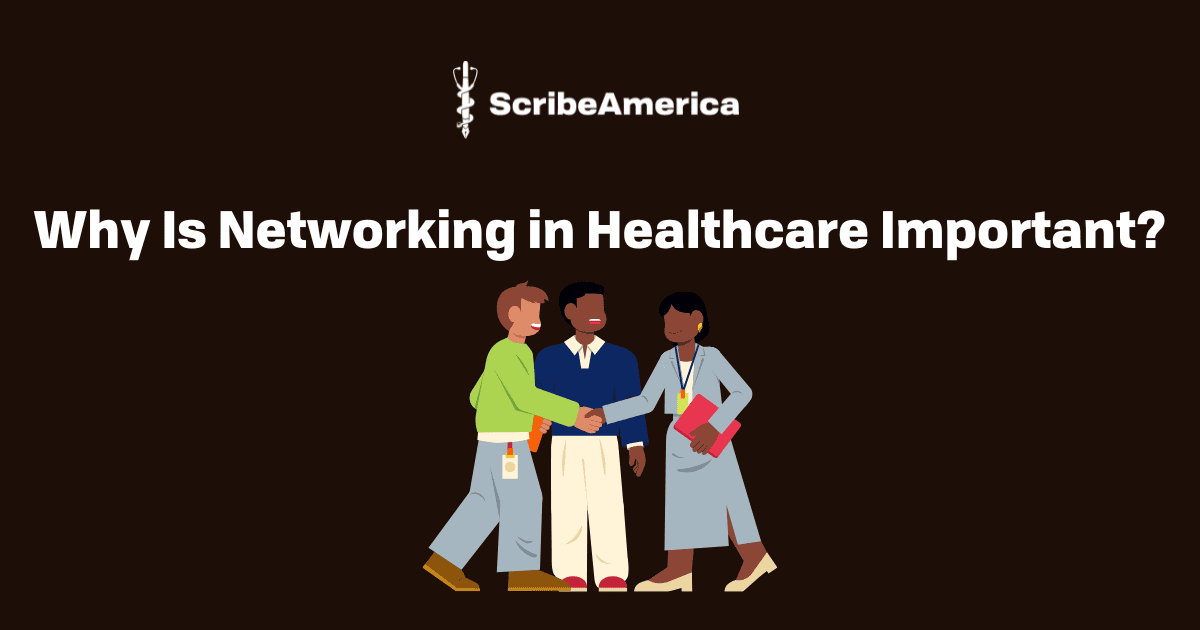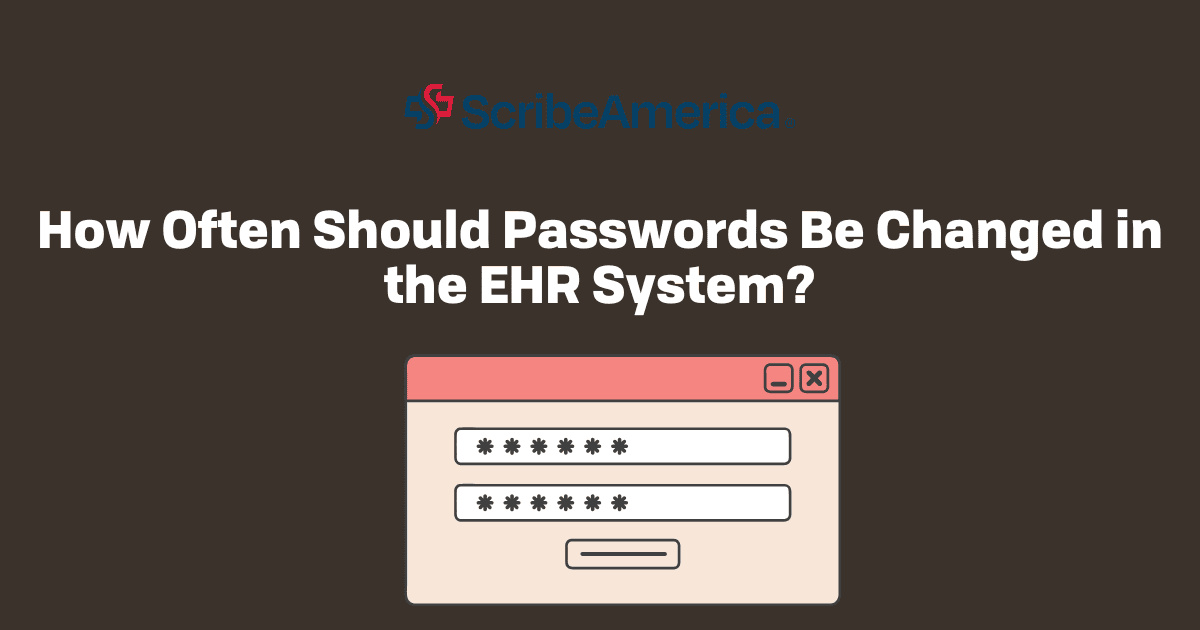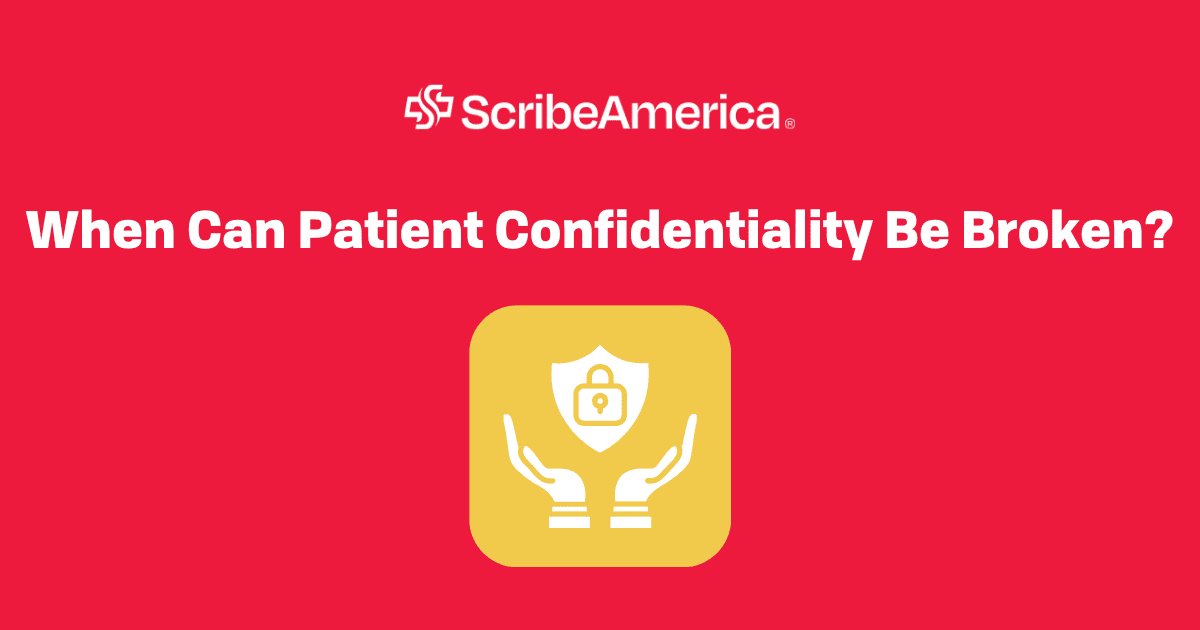Key points:
- Healthcare networking is crucial for professional collaboration, leading to smoother communication and better patient outcomes.
- It is the primary way knowledge spreads rapidly, keeping professionals current with real-world solutions and new treatment protocols.
- Building connections is essential for career growth, providing access to mentorship and new job opportunities.
Without a doubt, healthcare is built on connection. Behind every smooth-running hospital or innovative clinic is a network of professionals who talk, share, and learn from one another. The importance of networking in healthcare goes far beyond job titles or LinkedIn profiles, in real life, it’s about collaboration that improves care, drives innovation, and supports the people who make the system work. Keep on reading to learn why healthcare networking is so crucial.
Why is networking important in healthcare?
If you ask, “why is networking important in healthcare?”, the answer starts with teamwork. Healthcare doesn’t function in silos. Doctors rely on nurses, nurses depend on technicians, and administrators coordinate everything behind the scenes. When professionals build relationships across departments or institutions, they create smoother communication and better patient outcomes.
Networking is how knowledge spreads. A nurse who learns a new workflow from a peer in another hospital might reduce wait times back home. A physician might hear about an updated treatment protocol at a conference and apply it the next week. These small exchanges add up to meaningful change. In such a fast-moving field, no one can know everything. Networking keeps professionals current and connected to real-world solutions – not just what’s written in journals or training manuals.

The real benefits of networking in healthcare
The benefits of networking in healthcare reach deep into both professional growth and patient care. The most obvious one is shared learning. Medicine evolves daily, and staying up to date requires constant communication. Networking gives professionals access to firsthand experiences: what’s actually working in clinics, what’s not, and what’s coming next.
There’s also the benefit of perspective. Talking with people from different disciplines exposes you to how others think and solve problems. A physical therapist might understand patient motivation better after speaking with a psychologist. A hospital administrator might better appreciate the pressures of clinical staff after discussing workflow issues with them directly. These insights lead to empathy and smarter decision-making. Networking also prevents burnout, as healthcare can be emotionally demanding, and connecting with peers who understand the pressures helps stay resilient. We all know that a quick conversation with someone who’s been there can make a hard day feel a little lighter.
Growing your career through connection
To be honest, networking is often what opens doors in healthcare careers. A personal recommendation or introduction can mean more than a dozen job applications. It’s natural that people want to work with those they know, or at least those who come recommended by someone they respect.
Mentorship often begins through networking too. A senior nurse who mentors a new graduate or a physician guiding a pre-med student can shape a career’s entire direction. These relationships don’t happen by accident; they come from being present and engaged in your professional community. And networking doesn’t always happen in person anymore. Online forums, medical discussion groups, and digital conferences have made it easier to connect across cities – or even continents. A doctor in New York might collaborate with a researcher in Tokyo, or a nurse in Florida might share ideas with one in Oregon.
The role of medical scribes in building bridges
Medical scribes are a perfect example of how networking naturally fits into healthcare. Their job puts them at the center of the action, documenting patient encounters and ensuring accurate medical records. But in the process, they observe how healthcare teams communicate and coordinate.
For many scribes the experience is more than just an entry-level job. It’s a front-row seat to how healthcare actually functions. They build relationships with physicians, nurses, and administrators, gaining mentorship and insight that classroom learning can’t offer.
This exposure helps scribes grow professionally and often inspires them to pursue medical school, nursing, or healthcare administration. Networking, for them, isn’t an optional skill – it’s part of their daily routine, teaching them that collaboration isn’t just helpful; it’s simply essential.
The takeaway
When you strip healthcare down to its essence, it’s about connection between people, knowledge, and purpose. The importance of networking in healthcare lies in that same principle. It’s not just about meeting people; it’s about learning from them, supporting them, and building systems that work better together.
For professionals at any stage – whether you’re a physician with decades of experience or a medical scribe just starting out – networking is a lifelong skill that will allow you to stay informed, grow, and make an impact. Because in the end, great healthcare doesn’t come from working alone. It comes from working together and staying connected!
You may also like: Networking in healthcare: how to start early on?




